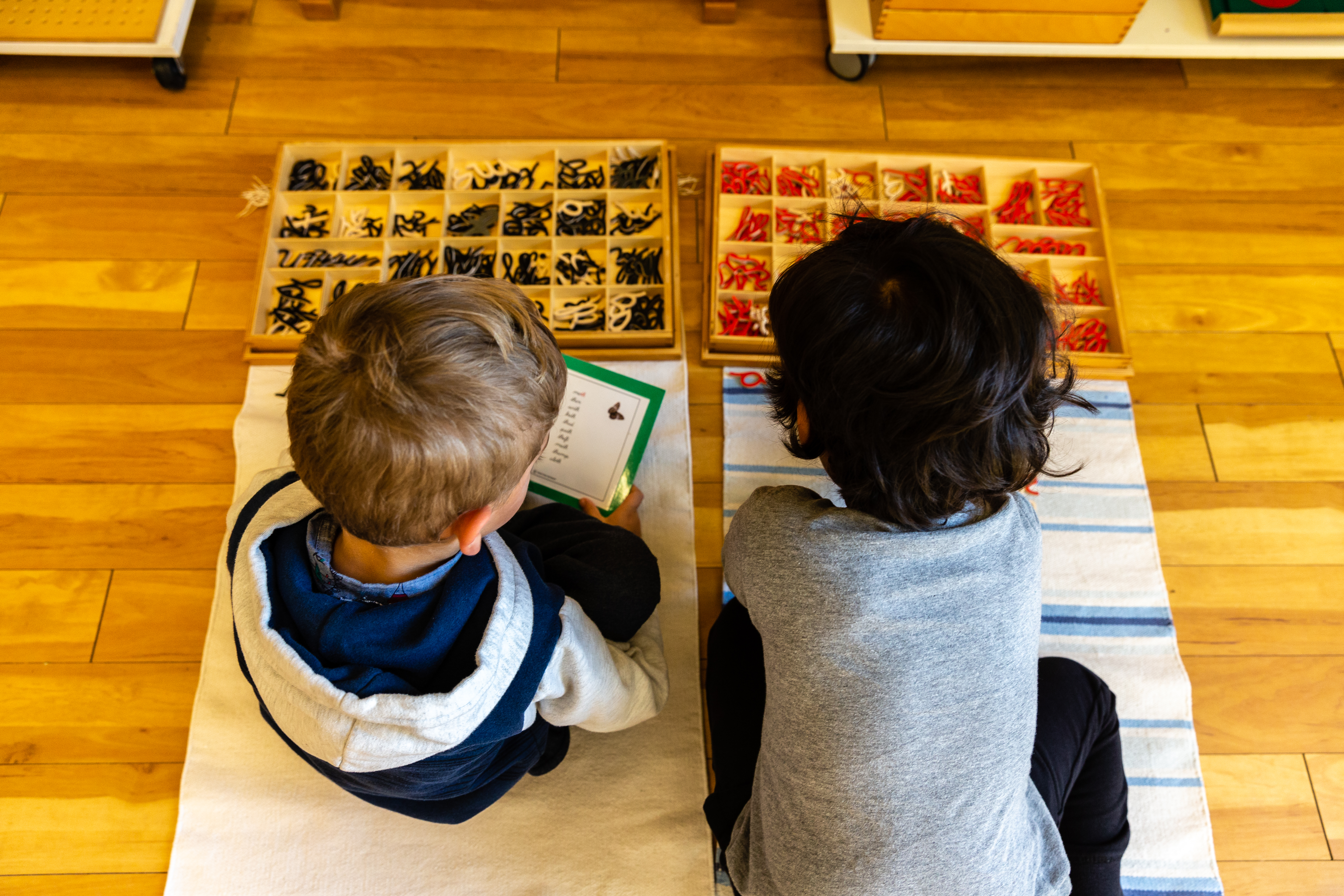(858) 759-0631
Tools to Help Your Kids Recognize and Respond Constructively to Jealous Feelings
Jealousy is part of our nature. Young children especially are vulnerable and capable of spreading rumors, lies, gossip and half-truths. Their behavior is about insecurity, fear or competition, says Lea Waters, author of ‘The Strength Switch.’ “It’s a feeling of I’m not enough…something is lacking.”
How We Can Change the Conversation With Our Children
Highlighting the strengths of our children is key. Maybe your child can’t run. Every day at recess your child isn’t as fast as the others running. Instead of being a champion runner, though, your child plays an instrument.
Say to your child, ‘to be like that runner, you must exercise every day in the same way that you play your instrument. It’s okay to not be as good at something else when you have your own talents, strengths and things you enjoy doing’.
As parents, when we hear our children’s conversations, we should be ready to change the narrative when we hear their jealous feelings. For example,
• Share Your Insecurities—talking about your jealous moments may open a dialogue with your child to acknowledge their feelings. As a result of discussing personality deficiencies, ask your child: “What is this feeling telling me? How can I deal with it in a healthy way?”
• Manage Your Behavior Rather Than Your Feelings—giving yourself control over your feelings means that you can conduct yourself with dignity; instead of giving in to irrational emotion, draw a hard line around behavior
• Highlight Strengths—build your child’s self-worth! Connect them with their strengths!
Every endeavor in the classroom, on the field, or in an auditorium allows you to compliment your child’s characteristics
• FOMO—the ‘fear of missing out’ is a social media age term. These days, social activities are on multiple digital platforms in real time. So, if a friend of your child’s is at an event and touting their evening, the Montessori Method is to ask that young person, ‘How would you have felt if you had not been invited?’
“We need to tell our kids that we treat people the way we want to be treated. In Montessori, we start teaching empathy at a young age—putting yourself in someone else’s shoes.
What do you say?
Parents should talk with their children often about their online and offline social lives.
Importantly, keep them busy doing the things they like to do.
Recent research indicates that jealousy may be a core motivator of cyberbullying.
Again, talk with your child; discuss and focus that fear towards changing it to your child’s
character strengths. For example,
• Look for Role Models—focus your child’s attention on what they do have rather than what they don’t and connect them with a celebrity or local role model or adult who has fought adversity to get to the top
• Encourage Authentic Relationships—remind your child that everyone is unique and each person should be the best version of themselves
• Practice Elevating Others—get into the habit of appreciating others’ strengths.
Summary
Moms and Dads, perhaps the best activity you can practice is being your own role model to show your child how you manage your world. Once you establish and build trust, you can discover your child’s humanity and vulnerabilities. Remember: being different is okay and if you want to get better at something, keep doing it. If you keep trying and don’t give up, you’ll get better. But if you stop, you’ll get nothing.
This story was originally published in The Washington Post, August 27, 2018, as “Nine Ways Parents Can Help Kids Cope With Jealousy,” written by Phyllis L. Fagell. Article consultant commentators include Lea Waters, University of Melbourne; Sameer Hinduja, Florida Atlantic University; Lisa Damour, author of ‘Untangled;’ and, Adam Pletter, psychologist. Editing and commentary by Kristin Edwards, M.Ed., Director of Lifetime Montessori School.

